“Carbs make you fat.”
“Athletes should only run on protein.”
“Clean eating is the only acceptable way to be healthy.”
We’ve all heard these myths over and over in the media that seem harmless. In reality, they are dangerous and what led me into the hospital for two weeks after exhibiting a dangerously low heart rate, blood pressure, and rapid weight loss. For athletes, these falsehoods can lead to hospitalizations due to malnutrition.

Attention high school athletes: sports season is year-round and more competitive than ever! Whether you play in school or out, it’s important that while doing so, you are fueling properly to reach your peak performance. We’ve all heard these so-called ‘truths’ tossed around on social media,but here’s the reality: In reality, they are dangerous and what led me into the hospital for two weeks after exhibiting a dangerously low heart rate, blood pressure, and rapid weight loss. For athletes, these falsehoods can lead to
hospitalizations due to malnutrition. If you’ve ever wondered why you feel drained before training or run out of ‘gas’ mid-game, the culprit might not be your workout; it is likely your fuel. Being an athlete isn’t just about showing up to practice or hitting the gym.
It’s about how you nourish your body to perform at its best. And despite what trendy influencers might say, eating right doesn’t mean cutting out entire food groups or living off protein shakes.
Over the years, social media has painted a false picture of what a ‘healthy’ diet looks like, one that often leads athletes to underfueling and missing out on the nutrients bodies desperately need to perform at the highest levels. It’s really easy to be influenced and fall into an unhealthy cycle of underfueling. Liz Hoffman, a health expert and teacher at de Toledo, recommends that you

should “eat regularly. Eat more if you are working out. Listen to the cues your body sends… hungry, tired, angry, etc….Don’t cut out carbs. We need them.”

Athletes don’t eat like the average person because they aren’t the average person. Training hard means you need more carbs and protein to power your muscles and brain, and most importantly, to recover properly. Coach Avila, Associate Athletic Director of de Toledo HIgh school mentions that his roommate who is a track runner in college, got injured and was trying so hard to get back on track for his track season. Avila states “As the season went on he was running more and working harder but he wasn’t getting faster. He was actually getting worse. He was very frustrated.” Later on, Avila find out his roommate was diagnosed with malnutrition and low iron. “The doctor told him [it was] due to not intaking enough food” Avila adds.
Carbohydrates, the fuel that keeps your muscles moving and your brain sharp. Yet, media has unfairly labeled carbs as the enemy, claiming they lead to weight gain or sluggishness. According to the Cleveland Clinic, athletes need at least 130 grams of carbohydrates a day just for the brain to function properly, and even more to sustain intense physical activity.
According to The Center for Nutrtional Psychology, roughly 80% of athletes are under-fueling, meaning most aren’t reaching their full potential simply because they’re not eating enough of the right foods. Before workouts or games, athletes should focus on carb-rich foods like oats, fruit, and granola bars.
Protein, while essential for muscle repair and growth, isn’t a magic solution either. Many athletes make the m

istake of overloading on protein while skimping on carbs. E Scholarship states that this behavior will not only backfire but is also dangerous. Excess protein can lead to kidney strain, risk of heart disease, and bone health issues, especially if it replaces other key nutrients.
In severe cases, athletes suffering from malnourishment and lack of energy and vital nutrients may experience a dangerously low heart rate and blood pressure, as well as dizziness and fainting spells. In the most severe cases, some athletes have even required hospitalization because their bodies not only could no longer keep up with the physical demands of their sport, but their bodies could no longer endure even regular daily life.
The truth is simple: performance depends on balance. Knowing when and how to fuel with the right mix of carbohydrates, protein, fats, and hydration is what separates good athletes from great ones.
So, the next time someone tells you carbs are bad or protein is all you need, remember this: Your body is an engine, and it needs the right kind of fuel to keep going. Eating a balanced diet keeps your engine running strong and steady. let nutrition be your strongest teammate.

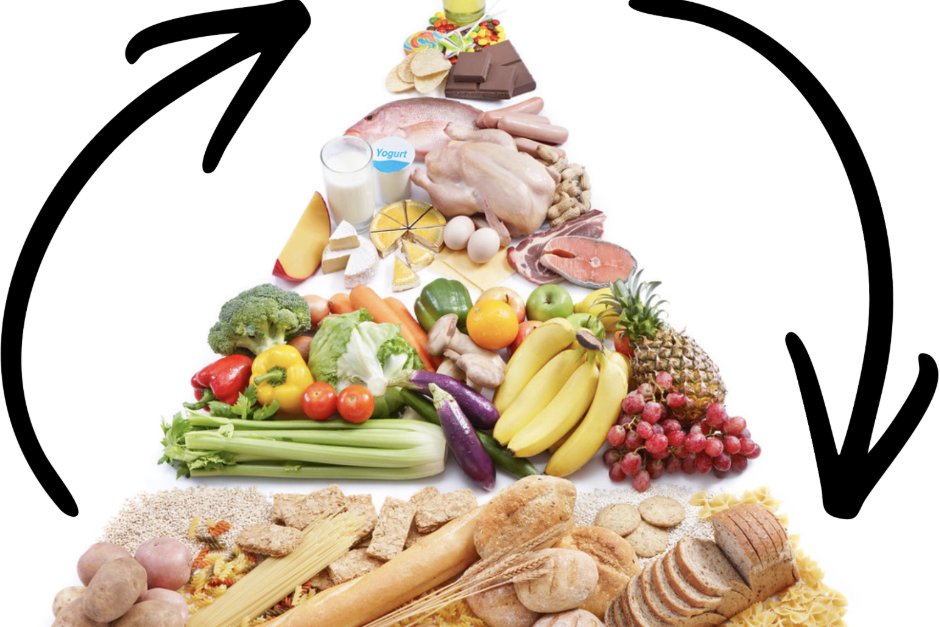

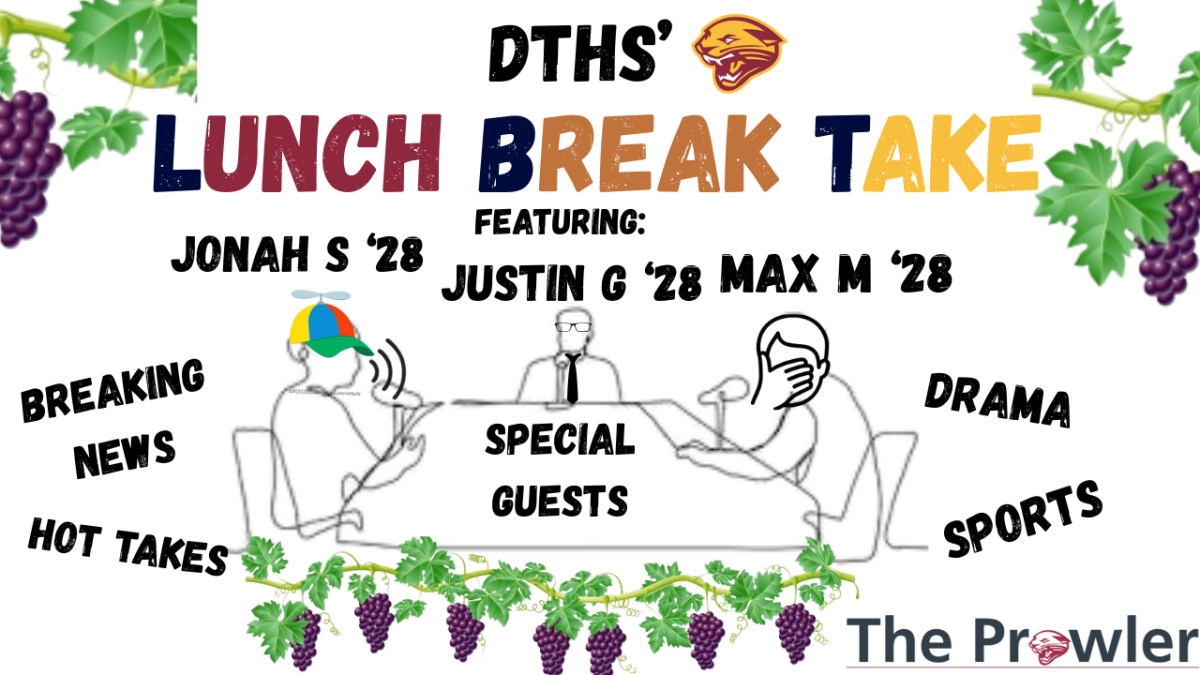














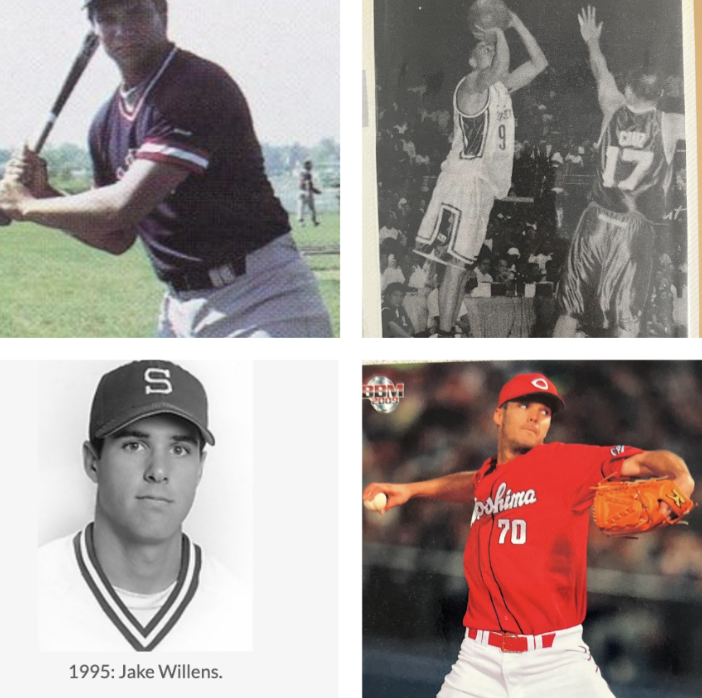








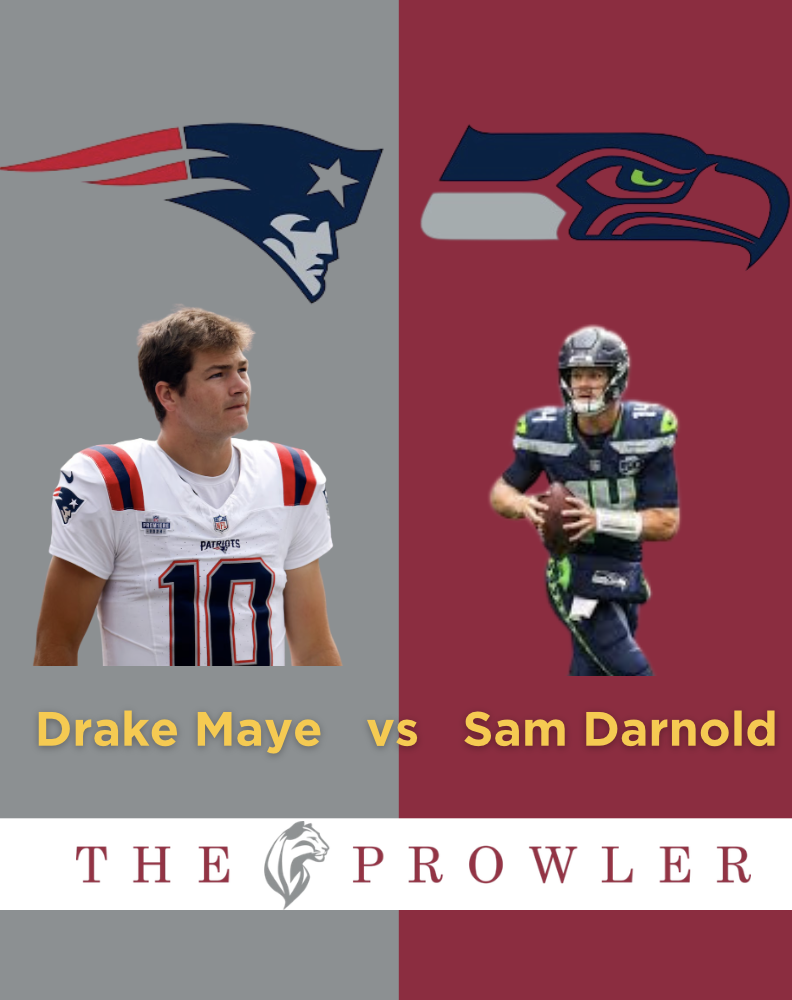

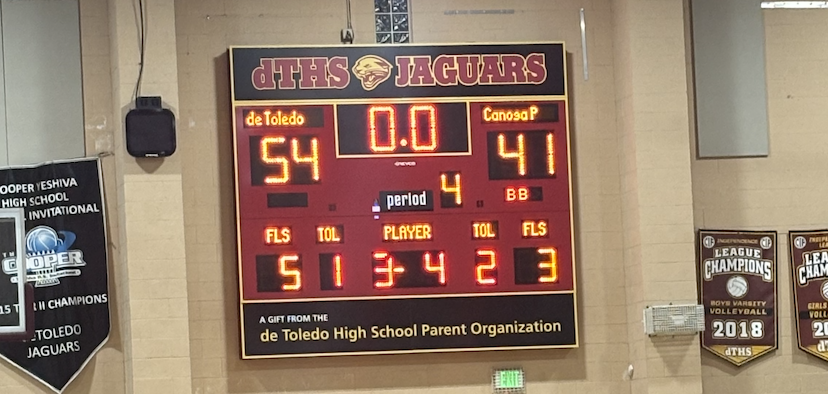



Mark Shpall • Nov 5, 2025 at 11:42 am
Great piece and important information. I loved the interviews and insights from our experts!